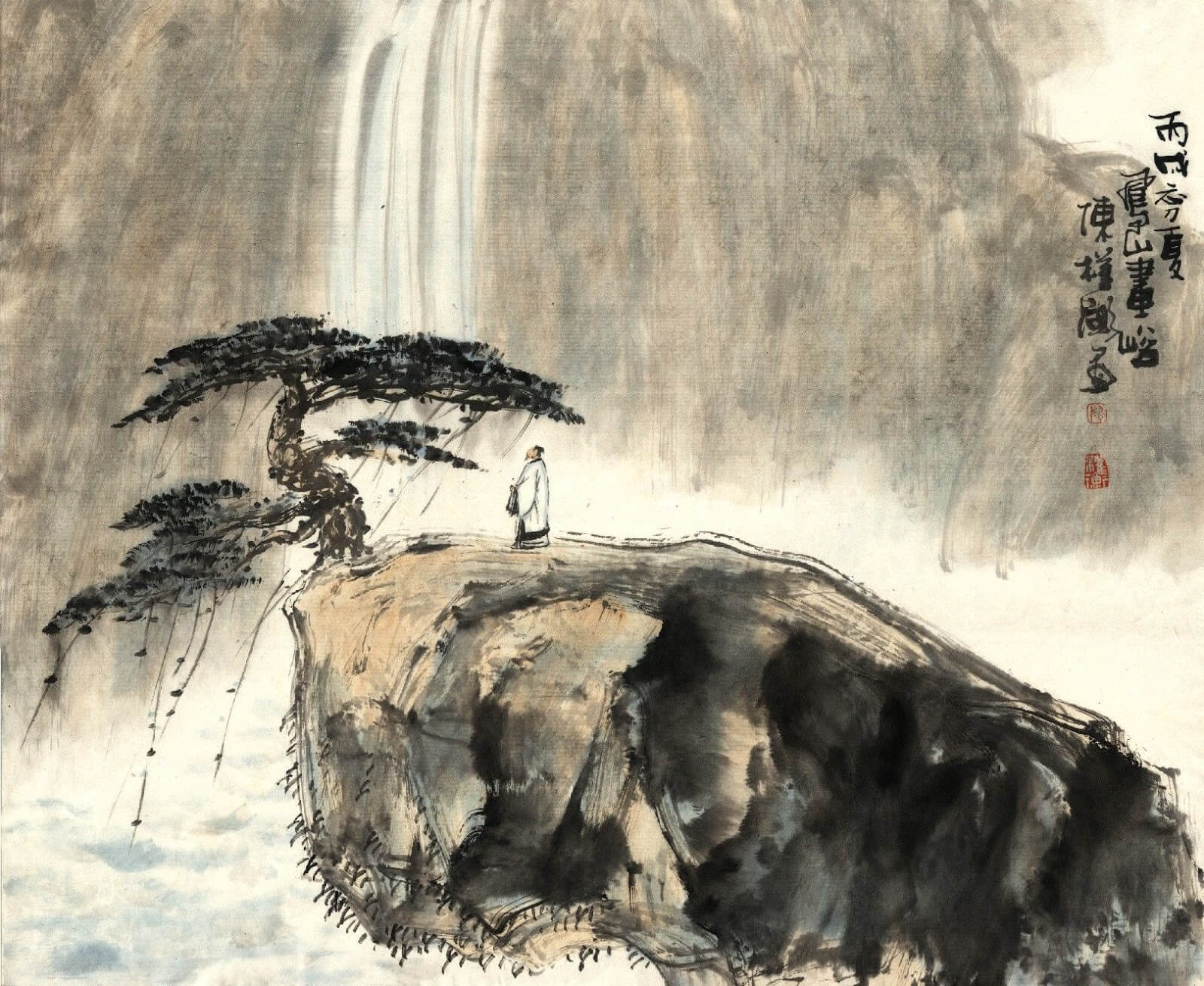 Chinese philosophy offers profound and holistic insights into maintaining humility and staying grounded amidst success. The teachings of Confucianism, Daoism, and Buddhism provide a comprehensive framework for navigating prosperity without losing one’s sense of self and humility.
Chinese philosophy offers profound and holistic insights into maintaining humility and staying grounded amidst success. The teachings of Confucianism, Daoism, and Buddhism provide a comprehensive framework for navigating prosperity without losing one’s sense of self and humility.
Confucianism
Ren (仁): Ren, often translated as “benevolence” or “humaneness,” emphasises compassion and empathy towards others. Confucian thought advocates that true success lies not in the accumulation of wealth, but in the ability to contribute positively to society and uplift those around us.
Li (礼): Li pertains to proper conduct, rituals, and etiquette that uphold social harmony. By practising li, one shows respect and humility towards all individuals, regardless of their social standing, thereby fostering a community-centred mindset that transcends personal gain.
Xiu Shen (修身): Meaning “self-cultivation,” xiu shen underscores the continuous pursuit of personal and moral development. In Confucianism, the journey towards self-improvement is lifelong, reminding us that personal excellence should serve the greater good, not just individual glory.
Daoism
Wu Wei (无为): Wu wei, often rendered as “non-action” or “effortless action,” advocates for harmonious alignment with the Dao (the Way). This principle encourages actions that are natural and unforced, promoting a life of simplicity and humility, even in the midst of success.
Pu (朴): Translated as “simplicity” or “uncarved block,” pu suggests a return to a state of naturalness and simplicity. For those who are affluent, this means avoiding ostentatious displays of wealth and embracing a modest, unpretentious lifestyle that stays true to one’s essence.
Ziran (自然): Ziran, meaning “naturalness” or “spontaneity,” advocates living authentically and in accordance with one’s true nature. This principle teaches that success should not alter one’s core values and character, but rather be an expression of one’s genuine self.
Buddhism
Anatta (无我): The doctrine of “non-self” posits that the self is not a permanent, unchanging entity. Recognising the impermanence of the self can diminish ego and attachment to material success, fostering a sense of humility and interconnectedness with all beings.
Dukkha (苦): Understanding that suffering is an inherent part of existence helps maintain a balanced perspective. Wealth and success do not exempt one from life’s challenges, and this awareness keeps one grounded and compassionate towards others’ suffering.
Metta (慈): Metta, meaning “loving-kindness,” involves developing unconditional compassion for all beings. This practice nurtures humility and counters arrogance, promoting a holistic sense of well-being and interconnectedness.
Practical Applications
Mindfulness and Meditation: Regular mindfulness and meditation practices enhance self-awareness and promote humility by keeping one’s thoughts and actions aligned with their true nature.
Service and Philanthropy: Engaging in charitable activities and giving back to the community fosters a sense of connection and responsibility towards others, reinforcing a holistic understanding of success.
Continuous Learning: Embracing a lifelong learning mindset acknowledges that there is always more to learn, maintaining a humble perspective and a continuous journey of self-cultivation.
Reflective Practices: Regular self-reflection and introspection ensure that one’s actions remain aligned with their values, promoting a consistent practice of humility and authenticity.
By integrating these philosophical principles and practical steps, one can navigate the complexities of success and wealth while remaining grounded, humble, and connected to the broader fabric of humanity.
